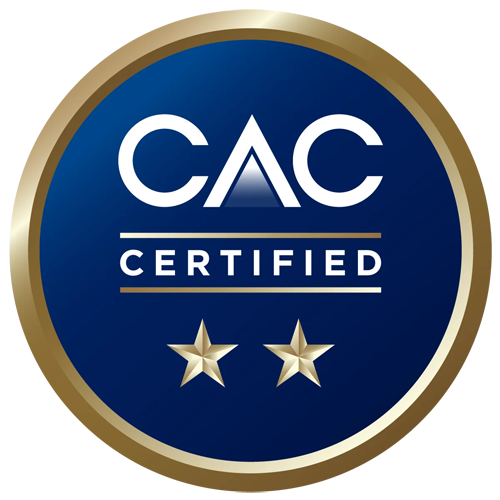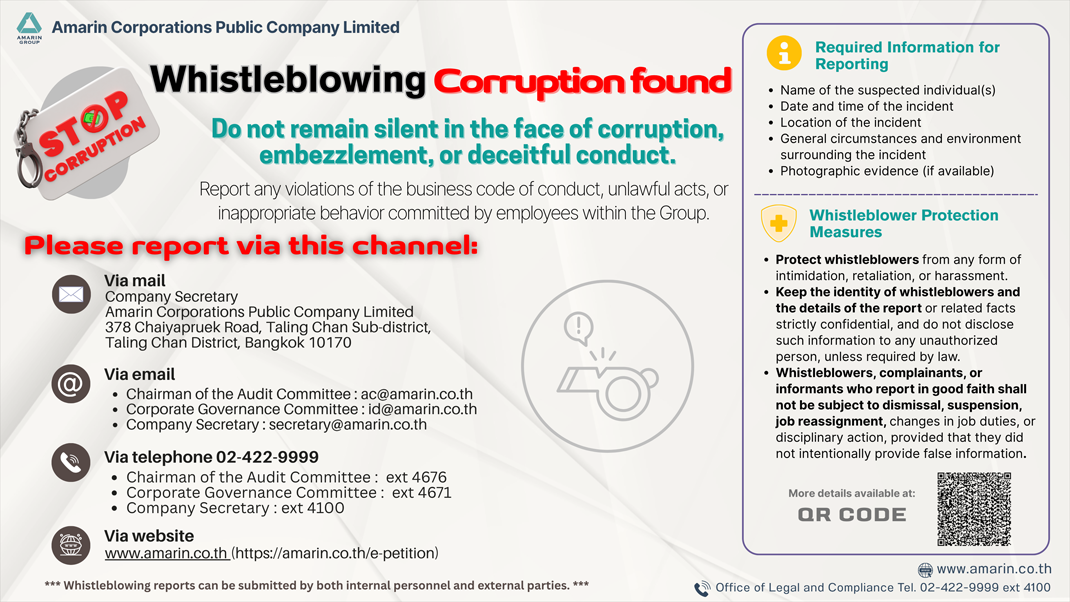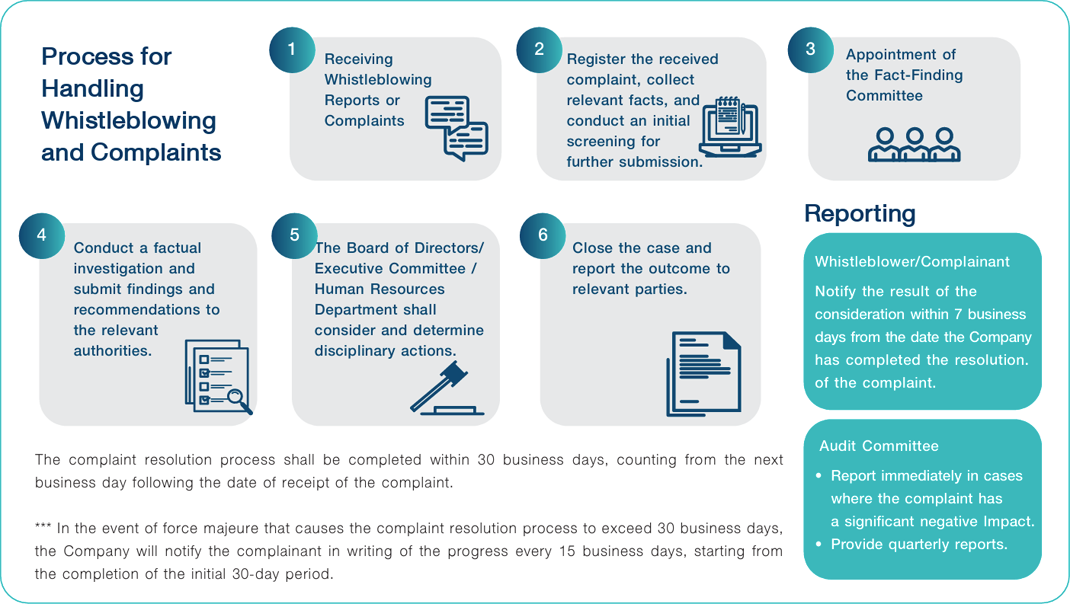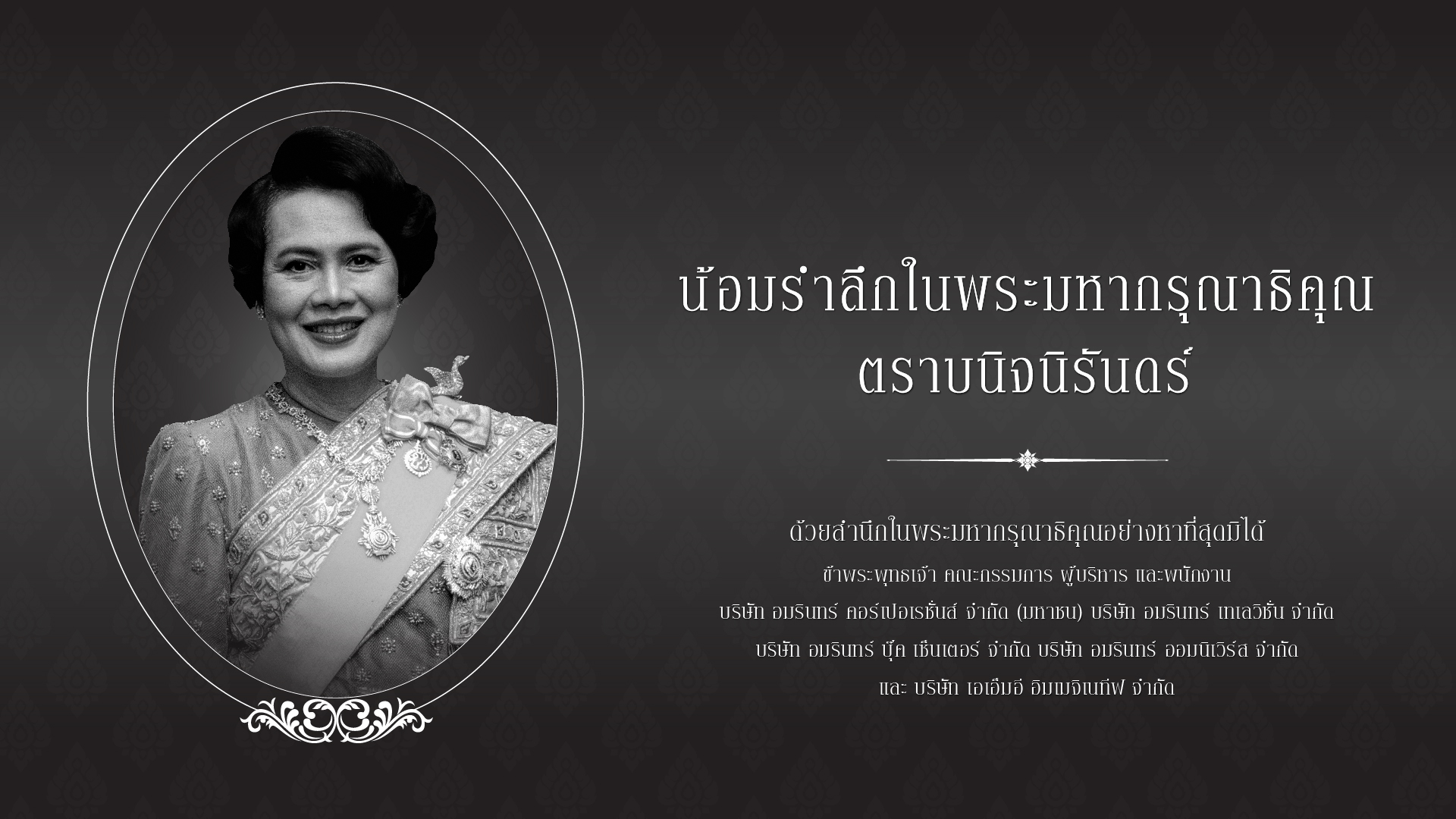Anti-Corruption
The Company is committed to conducting its business sustainably, with a strong emphasis on good corporate governance and the implementation of adequate and appropriate internal control processes. A clear and comprehensive Anti-Corruption Policy has been established, which includes a well-defined definition of corruption and practical guidelines. These standards and practices have been communicated to both internal and external stakeholders.
The Company also conducts regular reviews, preventive assessments, and risk evaluations related to corruption arising from its business activities. Measures have been put in place to monitor and control work processes that may be susceptible to fraud, ensuring transparency, integrity, and accountability throughout the organization. In addition, communication channels have been established to allow stakeholders to directly report concerns, suggestions, or complaints regarding potential corruption to the Audit Committee.

The Company declared its intention to join the Thai Private Sector Collective Action Against Corruption (CAC) on June 26, 2024, and subsequently passed the assessment and was officially certified as a CAC member for the first time in September 2025. The certification is valid from September 30, 2025, to September 30, 2028, reflecting the Company’s strong commitment to conducting business with transparency and in accordance with good corporate governance principles.
Anti-Corruption Guidelines
The employee at all levels shall comply with the following anti-corruption conducts:
- Directors, executives, and employees of the Group are strictly prohibited from engaging in, accepting, or supporting any form of corruption either directly or indirectly with individuals or entities concerned. This includes offering, promising, soliciting, demanding, giving, or accepting bribes, or engaging in any behavior that may be perceived as corrupt, whether for personal benefit, for the benefit of the Company, or related parties. The Company also encourages all relevant organizations, including customers, business partners, contractors, subcontractors, vendors, service providers, and joint venture partners both domestic and international to adopt similar practices. Their operations should be reviewed and aligned with the Company’s policies, procedures, rules, regulations, legal requirements, and business developments.
- The Company shall develop and maintain written anti-corruption procedures and guidelines to prevent corruption in business operations. This includes establishing internal controls and risk assessments appropriate to the Company’s business context, identifying key risk areas, monitoring outcomes to keep risks at acceptable levels, and reviewing the adequacy of measures on an annual basis.
- The Group shall fully comply with Thai anti-corruption laws, including those related to political contributions, employment of government officials, charitable donations, sponsorships, gift-giving and receiving, facilitation payments, hospitality, and any other expenditures that may pose corruption risks. All such activities must be transparent and legally compliant.
- The Group shall remain politically neutral and refrain from engaging in any activities that may create the perception of political alignment or support for any particular political party or individual. Company resources shall not be used to support political interests, directly or indirectly. However, employees may exercise their individual civic rights in accordance with the Constitution and applicable laws.
- The Company shall provide secure channels for employees and stakeholders to seek advice, report corruption-related concerns, make suggestions, or file complaints. The Company shall ensure the protection of legal rights and follow internal whistleblower protection protocols. In case of uncertainty about the policy’s application, employees should report to their supervisors or the Legal and Compliance Department through designated reporting channels.
- The Company shall communicate the Anti-Corruption Policy to all internal and external stakeholders, including the public. Subsidiaries and other companies under the Company’s control are required to adopt and implement this policy.
- The Company shall provide ongoing training to the Board of Directors, executives, and employees of the Group to promote understanding of the Anti-Corruption Policy, related measures, procedures, and disciplinary actions. Proper documentation and evidence of compliance shall be maintained.
- The Company shall reflect its anti-corruption commitment in all HR management practices, including recruitment, promotion, transfer, development, training, performance evaluation, compensation, disciplinary actions, procurement, and reimbursement processes. Disciplinary measures for violations shall be clearly defined.
- The Company shall ensure fairness and protection for individuals who refuse to engage in corruption or report suspected misconduct.
- Any person who engages in corrupt acts or violates the Company’s Business Code of Conduct shall be subject to disciplinary actions in accordance with internal rules and may also be subject to legal penalties where applicable.
- The Company is committed to working collaboratively with others in the same industry, business partners, and stakeholders by participating in collective action initiatives and anti-corruption campaigns.

Whistleblowing and Complaints

Whistleblowing and Complaint Handling Process

Measures to Protect Whistleblowers or Complainants
The Company will safeguard the identity of the complainant or informant by keeping their name, address, and any identifiable information strictly confidential. All data provided will be securely stored and treated with utmost confidentiality. Details regarding the complaint-handling procedures, investigation processes, and whistleblowing channels can be found in the company’s Anti-Corruption Measures.
| ที่ | รายการ | |
|---|---|---|
| 1 | Anti-Corruption Policy |
|
| 2 | Whistleblowing Policy and Whistleblower Protection |
|
Whistleblowing Report
The company provides channel for reporting clues or complaints in case of suspicion of illegal acts or behaviors indicate fraud or offense in corporate governance and business ethics through the following channels:
1. Mail
The Corporate Governance Committee and/or The Company's Secretary
Amarin Corporations Public Company Limited
378 Chaiyaphruk Road, Taling Chan, Bangkok 10170
2. Email
id@amarin.co.th, ac@amarin.co.th or secretary@amarin.co.th
3. Via telephone 02-422-9999
Chairman of the Audit Committee : ext 4676
Corporate Governance Committee : ext 4671
Company Secretary : ext 4100

